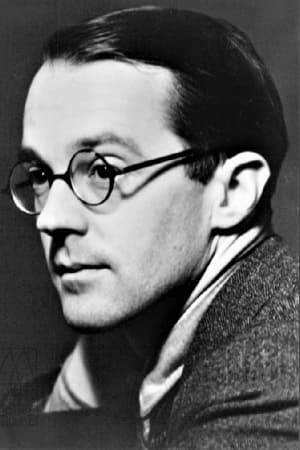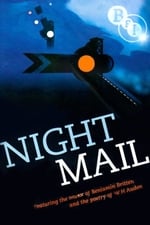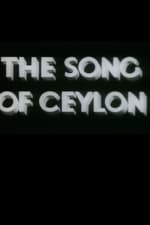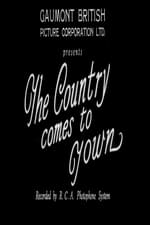Personal Info
Known For Directing
Known Credits 24
Gender Male
Birthday June 12, 1907
Day of Death October 14, 1987 (80 years old)
Place of Birth Frieth, Buckinghamshire, England
Also Known As
- Basil Charles Wright
Content Score
100
Yes! Looking good!
Login to report an issue
Biography
Basil Wright - was a documentary filmmaker, film historian, film critic and teacher. During World War II, Wright worked only as a producer, first at John Grierson's Film Centre before joining The Crown Film Unit between 1945 and 1946 as producer-in-charge. Among the best known films he produced for Crown are Humphrey Jennings' A Diary for Timothy (1946) and A Defeated People (1946) and Instruments of the Orchestra (1946) featuring Benjamin Britten's The Young Person's Guide to the Orchestra.[1] Returning to direction in the early 1950s, his films included Waters of Time (1951) made for the Festival of Britain, World Without End (1953) directed with Paul Rotha for UNESCO and Greece: The Immortal Land (1958) in collaboration with his friend the artist Michael Ayrton.
Writing throughout the 30s and 40s, Basil Wright had contributed to the theoretical development of documentary in the movement's journals Cinema Quarterly, World Film News and Documentary Newsletter. He was the film critic for The Spectator after Graham Greene left. Wright was a regular contributor to the British Film Institute's Sight and Sound during the 1940s and '50s. He published a small book: The Uses of Film (1948) and his personal (extensive) history of cinema The Long View (1974). He taught at the University of Southern California (1962 and 1968), The National Film and Television School in London (1971–73) and Temple University in Philadelphia (1977–78). He was Governor of the British Film Institute, a fellow of the British Film Academy and President of the International Association of Documentary Filmmakers.
In his films Wright combined an ability to look closely and carefully at a subject with a poetic and often experimental approach to editing and sound. In Britain he is commemorated with a film prize awarded biennially by the Royal Anthropological Institute.
Basil Wright - was a documentary filmmaker, film historian, film critic and teacher. During World War II, Wright worked only as a producer, first at John Grierson's Film Centre before joining The Crown Film Unit between 1945 and 1946 as producer-in-charge. Among the best known films he produced for Crown are Humphrey Jennings' A Diary for Timothy (1946) and A Defeated People (1946) and Instruments of the Orchestra (1946) featuring Benjamin Britten's The Young Person's Guide to the Orchestra.[1] Returning to direction in the early 1950s, his films included Waters of Time (1951) made for the Festival of Britain, World Without End (1953) directed with Paul Rotha for UNESCO and Greece: The Immortal Land (1958) in collaboration with his friend the artist Michael Ayrton.
Writing throughout the 30s and 40s, Basil Wright had contributed to the theoretical development of documentary in the movement's journals Cinema Quarterly, World Film News and Documentary Newsletter. He was the film critic for The Spectator after Graham Greene left. Wright was a regular contributor to the British Film Institute's Sight and Sound during the 1940s and '50s. He published a small book: The Uses of Film (1948) and his personal (extensive) history of cinema The Long View (1974). He taught at the University of Southern California (1962 and 1968), The National Film and Television School in London (1971–73) and Temple University in Philadelphia (1977–78). He was Governor of the British Film Institute, a fellow of the British Film Academy and President of the International Association of Documentary Filmmakers.
In his films Wright combined an ability to look closely and carefully at a subject with a poetic and often experimental approach to editing and sound. In Britain he is commemorated with a film prize awarded biennially by the Royal Anthropological Institute.
Directing
|
|||
|
|||
|
|||
|
|||
|
|||
|
|||
|
|||
|
|||
|
Production
|
||||||
|
||||||
|
||||||
|
||||||
|
||||||
|
||||||
|
||||||
|
Acting
|
|||
|
|||
|
Camera
|
|||
|
|||
|
Editing
|
|||
|
Writing
|
Crew
|





